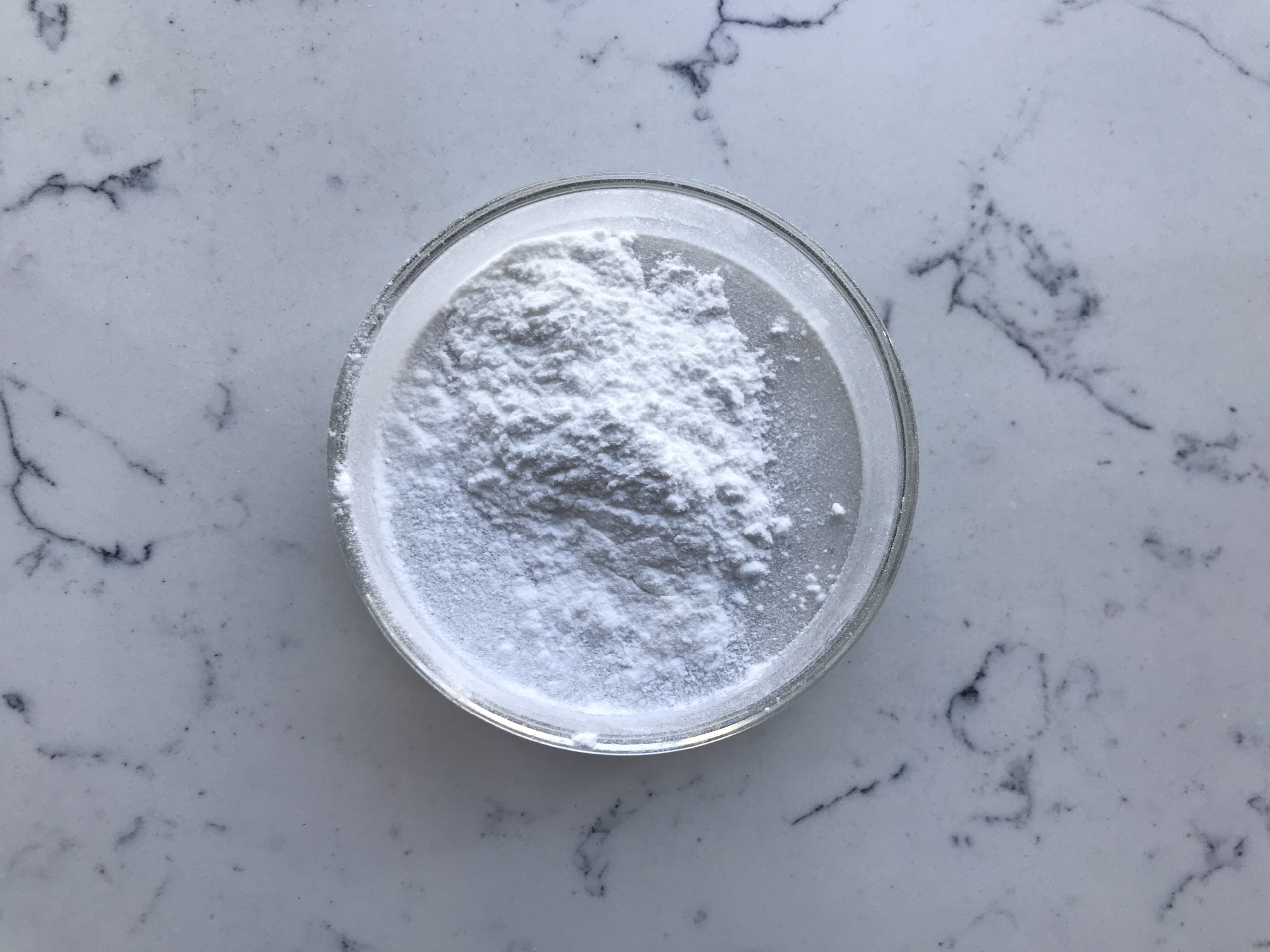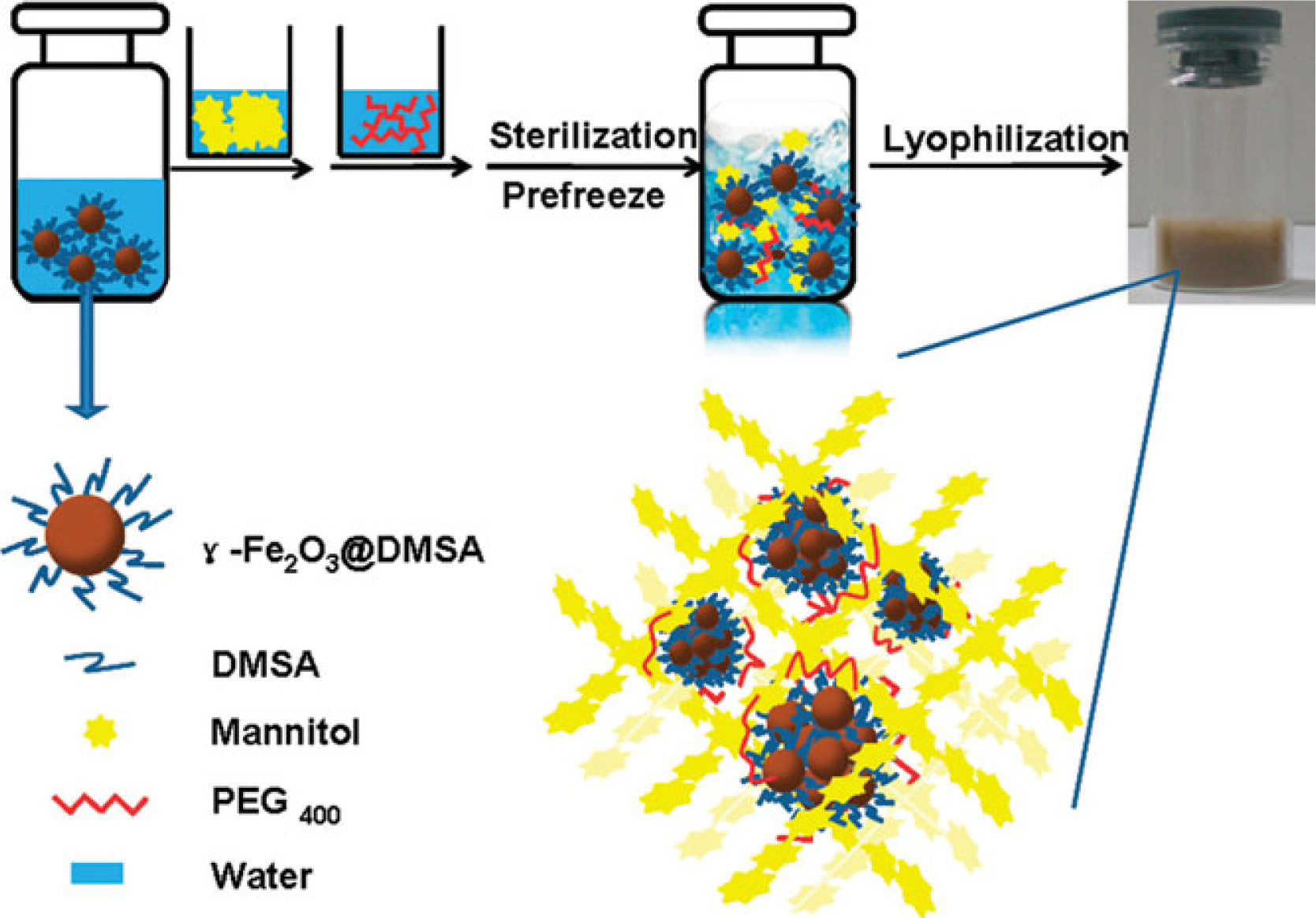DMSA (Dimercaptosuccinic acid) is a chelating agent used primarily to treat heavy metal poisoning, particularly lead poisoning. Here are some common uses of DMSA:
1. Lead Poisoning Treatment:
- DMSA is widely used to treat lead poisoning, especially in children. It binds to lead in the bloodstream and facilitates its excretion through urine.
- It’s typically used when blood lead levels are moderately elevated or when symptoms of poisoning are present.
2. Mercury and Arsenic Poisoning:
- DMSA has been studied for its ability to treat mercury and arsenic toxicity as well. It binds to these metals and helps the body eliminate them through urine.
3. Other Heavy Metal Toxicities:
- It is sometimes used for detoxification in cases of poisoning by other heavy metals, such as cadmium and antimony, though this is less common than its use in lead poisoning.

4. Diagnostic Use (Radionuclide Imaging):
- DMSA can be used in medical imaging to assess kidney function. A radiolabeled form of DMSA (99mTc-DMSA) is used in renal scanning to evaluate renal morphology and function, especially in children to check for kidney damage or scarring.
5. Chelation Therapy in Alternative Medicine:
- Some alternative medicine practices use DMSA for “detoxifying” the body from heavy metals or environmental toxins, though this use is controversial and not universally accepted in mainstream medicine.
Mechanism of Action:
- DMSA works by binding to heavy metals through its sulfhydryl (-SH) groups, forming a stable complex that can be excreted by the kidneys in urine.
Safety and Side Effects:
- It is generally well tolerated but may cause side effects such as gastrointestinal discomfort, rashes, and fever. It can also cause a decrease in blood cell counts (e.g., white blood cells, platelets) in some individuals.
Always consult a healthcare provider for appropriate diagnosis and treatment, particularly for cases involving heavy metal toxicity.

Adverse effects of DMSA
DMSA (Dimercaptosuccinic acid) is a chelating agent commonly used to treat heavy metal poisoning, such as lead or mercury toxicity. While generally considered safe, DMSA can cause some side effects, which vary depending on the individual, the dose, and the duration of use. Here are some potential adverse effects:
Common Side Effects:
1.Gastrointestinal symptoms:
- Nausea
- Vomiting
- Diarrhea
- Abdominal pain
2.Rash: Skin rashes, often mild, may occur.
Less Common but Notable Side Effects:
1.Hematologic:
- Leukopenia (low white blood cell count), which can make individuals more susceptible to infections.
- Thrombocytopenia (low platelet count), increasing the risk of bleeding.
2.Kidney function: DMSA can affect renal function, especially with long-term use or in people with preexisting kidney issues. It’s important to monitor kidney function during treatment.
3.Liver: Liver enzyme elevation is possible but rare.
4.Hypersensitivity reactions: Includes more severe reactions such as fever, chills, or difficulty breathing, though these are uncommon.
5.Headache and dizziness: Some people may experience these as a result of DMSA therapy.

Serious (but rare) Effects:
1.Severe allergic reactions: Although very rare, severe allergic reactions such as anaphylaxis are possible.
2.Neurotoxicity: There is some evidence that DMSA may cause neurotoxic effects in very high doses or in individuals with poor kidney function. Symptoms may include confusion, tremors, or cognitive disturbances.
Long-term Use:
While DMSA is typically used for short-term chelation therapy, prolonged use should be monitored carefully to avoid cumulative toxicity or kidney issues.
Monitoring During Treatment:
- Blood counts (CBC) should be checked periodically to monitor for leukopenia or thrombocytopenia.
- Kidney function (serum creatinine and BUN levels) should be assessed regularly.
- Liver function tests may also be advised if there is any concern about liver involvement.
Always use DMSA under the supervision of a healthcare professional, particularly when it’s used for chelation therapy, to minimize risks and ensure safe usage.
